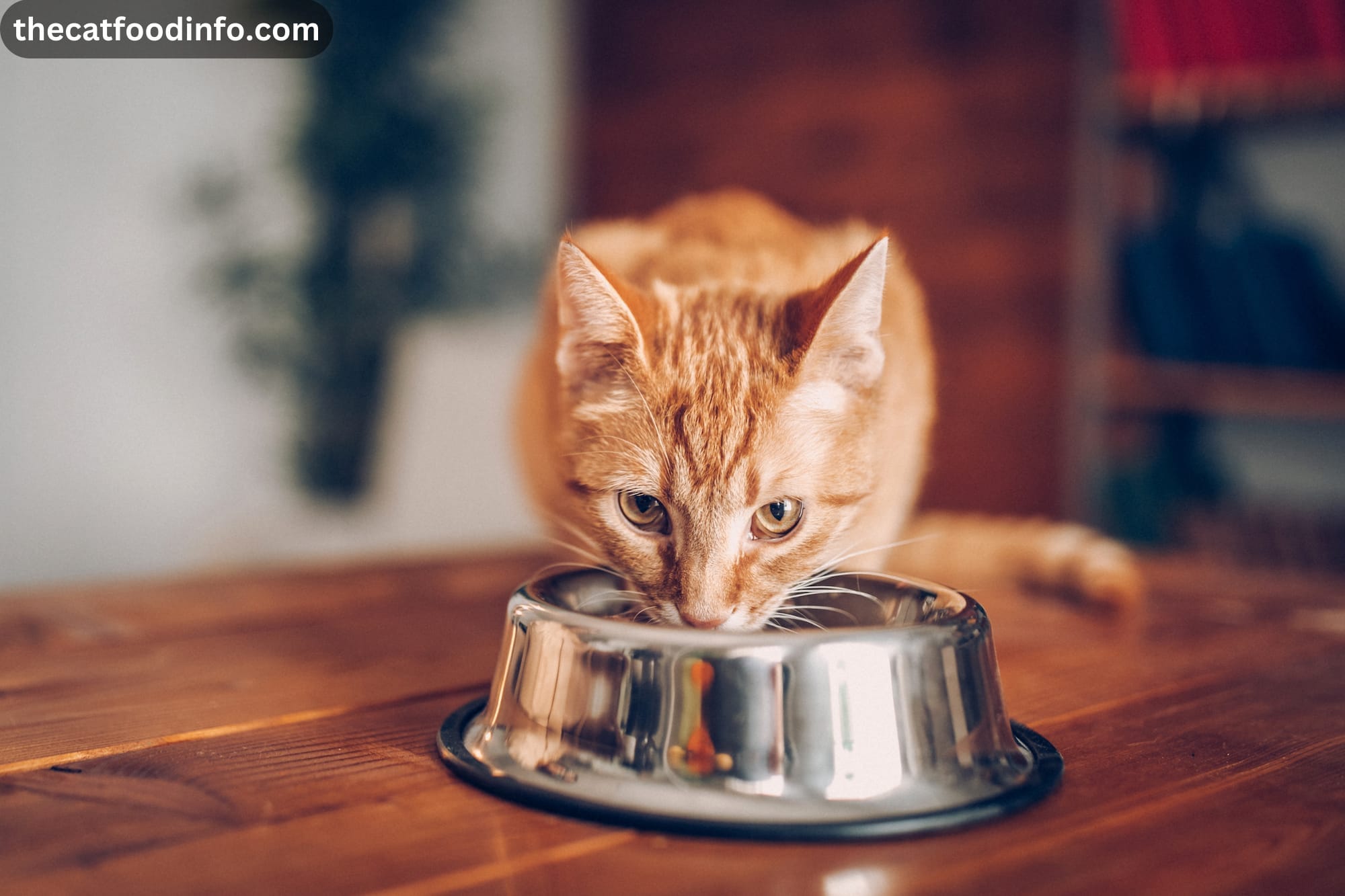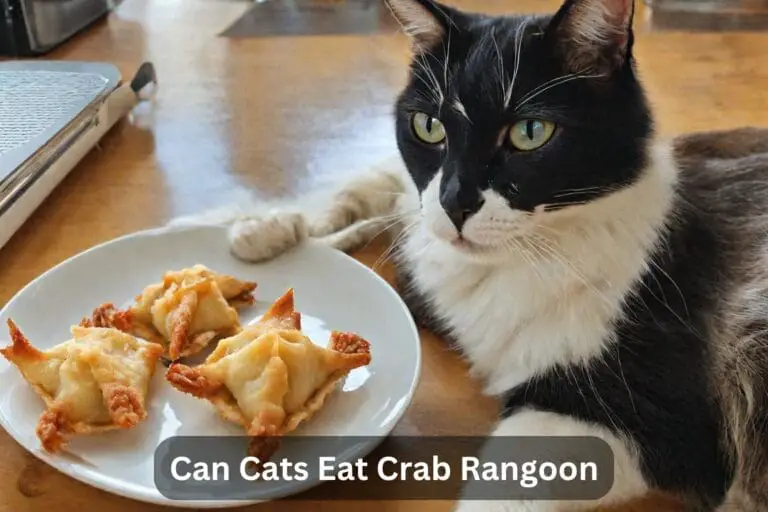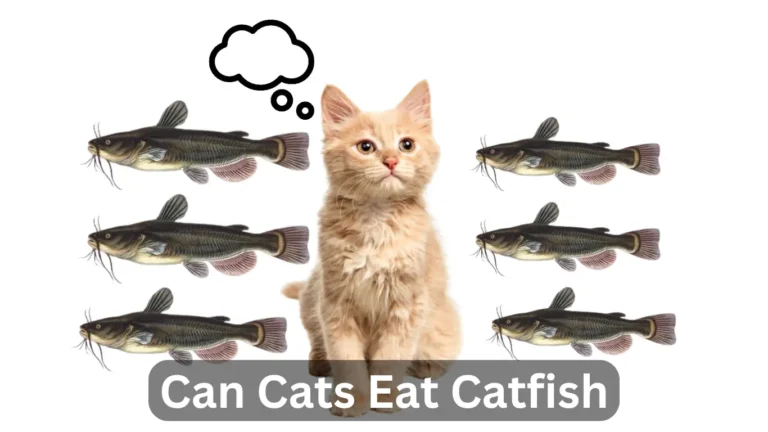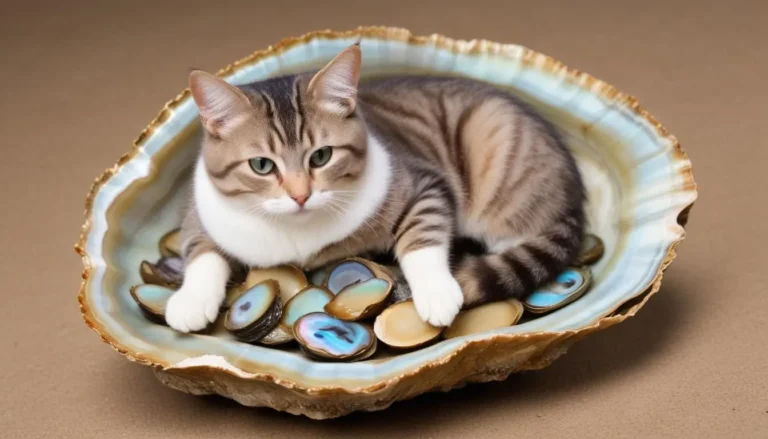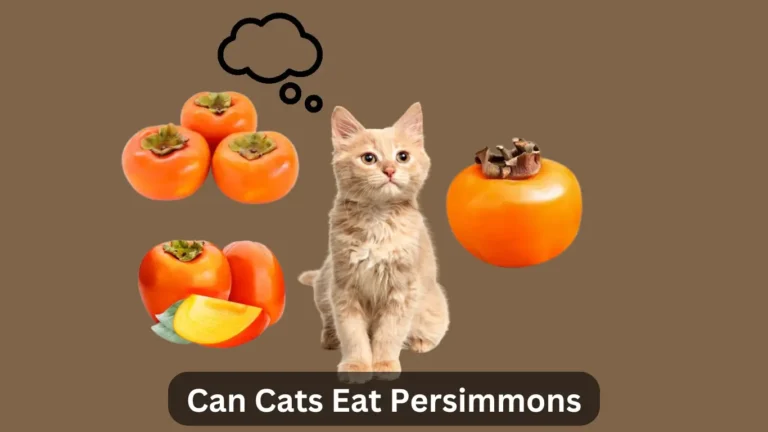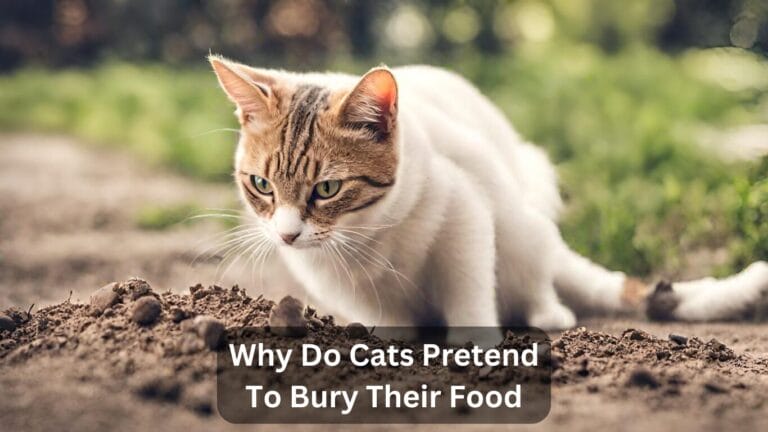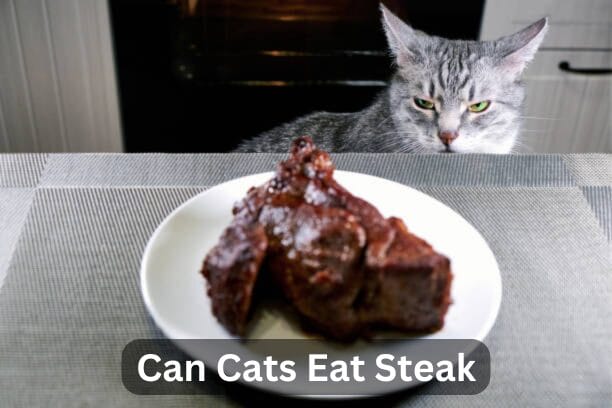Can Cats Eat Black-Eyed Peas? The Complete Guidance
Do you love cats and want to give them the best care possible? If so, then one of your top priorities should be their diet.
What’s safe for a cat to eat, and what foods should they avoid? It can seem not easy to decide which meals are healthy for your furry friend – especially with unusual options like black-eyed peas!
But don’t worry: we have all your answers regarding whether cats can safely consume this legume. Stay tuned as we guide you through all the facts and safety concerns about feeding your cat black-eyed peas!
What Are Black-Eyed Peas?
Black-eyed peas, also known as cowpeas, are a type of legume. They are called black-eyed peas due to their characteristic appearance: the beans are cream or white-colored with a small black spot (the ‘eye’) at their inner curve. This legume is a staple in many cultures around the globe due to its high nutritional value.
They are rich in fiber and protein, low in fat, and are a good source of several vitamins and minerals, including Vitamin A, Vitamin B, iron, and potassium. Despite their name, black-eyed peas are not peas but beans.
They are usually cooked before eating and can be added to various dishes, including salads, stews, and soups. Despite their healthy profile for humans, the question that remains for cat owners is whether black-eyed peas are safe for cats to consume.
Are Black-Eyed Peas Good For Cats?
While black-eyed peas pack a nutritional punch for humans, they do not necessarily benefit our feline friends. Cats are obligate carnivores, so their diet should primarily consist of meat. Their bodies aren’t designed to digest plant-based foods as effectively as ours.
As such, while black-eyed peas aren’t toxic to cats, they don’t provide the necessary nutrients cats need. Too much can even lead to digestive upset. Black-eyed peas can be a fun treat in small amounts but should not replace a cat’s primary diet of high-quality cat food.
Always consult your vet before introducing new foods into your cat’s diet. They can provide personalized guidance based on your cat’s age, breed, and health status.
Are Black-Eyed Peas Toxic To Cats?
Black-eyed peas are not toxic to cats. They do not contain any substances that risk a cat’s health when consumed in moderation. However, as mentioned earlier, cats are not built to digest legumes and other plant-based foods effectively.
So, while consuming a few black-eyed peas will not harm your cat, it may cause mild digestive discomfort if they eat too many.
It’s always best to stick to a diet formulated specifically for cats and consider plant-based foods like black-eyed peas as an occasional treat rather than a meal replacement.
Also, remember to cook the peas thoroughly, as raw legumes can be difficult for cats to digest. Always consult a veterinarian before introducing new elements to your cat’s diet.
Potential Benefits Of Feeding Cats Black-Eyed Peas
While black-eyed peas should not be a staple in a cat’s diet, there might be some potential benefits to occasionally including them as a treat. These legumes are rich in fiber, which can aid in digestion and help prevent constipation.
Black-eyed peas also contain some protein and various vitamins and minerals. However, it’s important to note that cats require specific nutrients, typically found in meat, that they cannot get from plant-based sources.
Remember that these potential benefits are secondary to a cat’s need for a meat-based diet and should never replace high-quality cat food.
Potential Health Issues Of Feeding Blacked-Eyed Peas To Cats
Although black-eyed peas do not harm cats, feeding them large amounts may lead to health issues. Cats are not designed to digest large amounts of plant-based food, and consuming too many black-eyed peas may cause gastrointestinal issues such as bloating, gas, and diarrhea.
Furthermore, a high intake of black-eyed peas might lead to nutrient deficiencies in cats. This is because plant-based foods cannot provide all the essential nutrients that cats require, such as taurine, arachidonic acid, and vitamin B12, which are only found in animal-based foods.
Lastly, remember to avoid seasoning when preparing black-eyed peas for your cat. Many seasonings, including garlic and onion powder, are toxic to cats.
Always consult a veterinarian if you notice any changes in your cat’s behavior or health after feeding them black-eyed peas.
Alternatives To Black Eyed Peas For Cats
If you’re seeking healthier and safer alternatives to black-eyed peas for your cats, consider the following options. First, commercial cat foods are specifically formulated to meet the nutritional needs of cats, making them a reliable choice. High-quality canned cat food often contains the necessary nutrients like taurine, which are crucial for your cat’s health.
Small pieces of cooked chicken, turkey, or fish can be an excellent choice for a treat. These meat-based foods are easy for cats to digest and provide the essential nutrients they require. Another alternative is specially formulated cat-friendly treats available in pet stores.
Remember, while adding variety to your cat’s diet is beneficial, ensuring they receive nutritionally balanced meals is important. If you need more clarification about any dietary changes or food choices, it’s best to consult with your vet. They can provide guidance tailored to your cat’s specific needs.
Guidelines For Preparing Black-Eyed Peas To Cats
If you offer your cat black-eyed peas as a treat, preparing them properly is crucial. Always cook the peas thoroughly to ensure they are easily digestible. Raw legumes can be hard for a cat’s digestive system, potentially causing discomfort.
Do not add any seasonings, spices, or oils when cooking the peas. Many of these, especially garlic and onion, can harm cats. Serve the black-eyed peas in small amounts, remembering they should never replace a balanced, meat-based diet.
The peas can be mixed into their regular food or offered separately as a small treat. Always observe your cat after introducing any new food to detect any signs of discomfort or allergic reactions.
Guidelines For Feeding Black Eyed Peas To Cats
Black-eyed peas can serve as an occasional treat for your cat, but feeding them in moderation is crucial. Introduce a small amount and observe your cat for any changes or discomfort.
You can feed them a few black-eyed peas occasionally if they show no adverse reactions. However, the peas should only make up 5-10 % of your cat’s diet. Since cats are carnivores, most of their diet should be meat-based.
As always, please consult a vet before significantly changing your cat’s diet to ensure they get the nutrition they need.
What Are The Best Peas I Should Feed My Cat?
The best peas to feed your cat are plain, cooked peas. These peas should be free from seasoning or oils, as many seasonings can harm cats. Green peas are a good choice as they are low in calories and high in vitamins A, K, and B vitamins.
They also provide fiber and some protein. However, remember that peas should only be given as an occasional treat, not as a substitute for a balanced, meat-based diet. It’s also important to note that while peas are generally safe for cats, some cats may have a sensitivity or allergy to them.
Always monitor your cat after introducing any new food into their diet, and consult with a vet if you notice any adverse reactions.
What Other Vegetables Can Cats Eat?
While cats are obligate carnivores, meaning their primary food source should be meat, some vegetables can be safely consumed and provide additional nutrients. Carrots, for example, are high in fiber and vitamin A but should be cooked to ensure they are easily digestible. Zucchinis are safe for cats and can be a good source of vitamins C and B6, but always served in small amounts.
Another beneficial vegetable is pumpkin, which veterinarians often recommend for its high fiber content that can aid digestion, perfect for cats suffering from constipation or diarrhea. Spinach can be a healthy treat in small quantities, but avoid it if your cat has a history of urinary problems, as it can cause crystal formation in the urinary tract.
Broccoli is another excellent vegetable for cats, providing vitamins A, C, and fiber. It can be a good choice for overweight cats due to its low-calorie content. Remember, vegetables should be cooked without seasonings or oils and served in moderation. Always consult a vet to ensure introducing the specific vegetable is safe for your cat.
Conclusion
In conclusion, “Can Cats Eat Black-Eyed Peas?” is a question with a nuanced answer. While black-eyed peas are not toxic to cats, they should be offered sparingly due to potential digestive issues and the fact that they cannot replace the essential nutrients in a meat-based diet.
Always prepare them properly without using harmful seasonings or oils. As with any new food, introduce black-eyed peas gradually and monitor your cat for any adverse reactions.
Consideration should always be given to your cat’s overall diet, ensuring it is nutritionally balanced. Always consult a vet about your cat’s diet and health.
FAQs
Are Sunflowers Safe For Cats?
Sunflowers are not toxic to cats but could pose a choking hazard. Additionally, sunflower seeds should be avoided as they are high in fats not suitable for cats.
Can Cats Eat Sweet Peas?
Sweet peas are not safe for cats to consume. They contain a compound called aminopropylidene, which is toxic to cats and can lead to serious health problems like tremors and seizures.
Why Do Cats Eat Peas?
Cats may eat peas out of curiosity or when mixed in their food. While not a natural part of their diet, peas can provide some fiber and vitamins in small amounts.
Are Peas Toxic To Cats?
Peas are not toxic to cats. They can be offered as a moderate treat, providing fiber and vitamins. Always cook peas thoroughly and avoid adding seasonings or oils.
Can Cats Eat Mushy Peas?
Mushy peas are safe for cats without seasonings, spices, or oil. However, they should be given sparingly, as part of a balanced diet, and not as a regular meal.
What Is The Most Toxic Flower To Cats?
The most toxic flower to cats is the lily. Every part of the lily plant is toxic to cats, and ingestion can cause severe kidney damage, potentially leading to death.
Are Pea Plants Toxic To Cats?
No, pea plants are not toxic to cats. However, they may pose a choking hazard or cause digestive discomfort if eaten in large amounts. Always supervise cats around plants.
Is It Safe For Cats To Eat Peas?
Yes, peas are safe for cats to eat in moderation as an occasional treat. However, they should be cooked and unseasoned and should not replace your cat’s balanced, meat-based diet.

